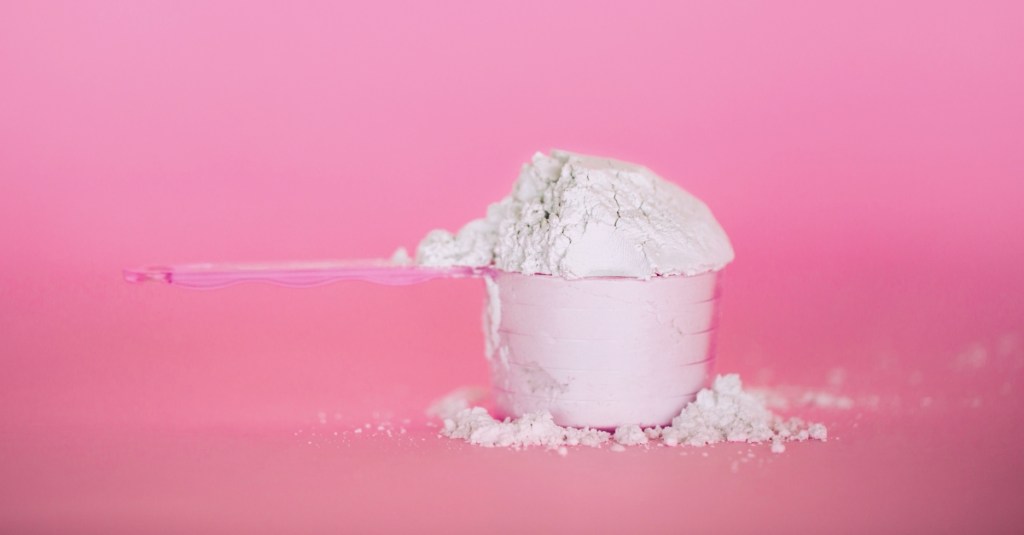Science
Consumer Reports Exposes Lead Contamination in Protein Powders

A recent investigation by the consumer advocacy group Consumer Reports has revealed alarming levels of lead contamination in popular protein powders. Out of the 23 products tested, over two-thirds contained lead levels that exceeded what is considered safe for daily consumption. This troubling finding echoes earlier research conducted by the Clean Label Project, which highlighted similar concerns regarding the presence of heavy metals in these dietary supplements.
The findings are particularly concerning for consumers who rely on protein powders for health benefits. The worst offender, Naked Nutrition’s Vegan Mass Gainer, was found to contain a staggering 7.7 micrograms of lead per serving. For context, California’s threshold for safe daily lead intake is just 0.5 micrograms. Such high levels raise questions about the safety and efficacy of these products.
Health Risks and Regulatory Gaps
While the authors of the report stress that there is no immediate danger from consuming these products, exposure to even small amounts of lead over time can be harmful, particularly for vulnerable populations such as children and pregnant women. Lead can accumulate in bones and tissues, leading to neurological and developmental issues.
The regulatory landscape for protein powders resembles a “Wild West,” with the Food and Drug Administration (FDA) not holding these products to the same stringent standards as food or pharmaceuticals. This lack of oversight allows companies to bypass critical quality controls, resulting in unsafe products reaching the market. Even well-known brands like Huel, whose Black Edition protein contained 6.3 micrograms of lead, defend their safety based on international limits rather than the stricter California standards used by Consumer Reports.
Heavy metals like lead often find their way into food and dietary supplements through contaminated soil, water, and manufacturing processes that do not adhere to hygiene standards. The report suggests that plant-based protein powders tend to exhibit higher levels of contamination due to their absorption of toxins from the soil.
Recommendations for Consumers
For those concerned about lead intake but still seeking protein supplements, Consumer Reports recommends opting for dairy-based proteins. These products typically undergo an ultrafiltration process that removes some of the water content, resulting in a higher concentration of protein without the need for additives.
Despite the serious implications of these findings, the report’s authors acknowledge that the situation may not be as dire as it seems. They advise consumers to mitigate lead exposure by choosing third-party certified products from organizations like United States Pharmacopeia (USP) or National Sanitation Foundation (NSF). Additionally, reducing daily consumption or incorporating whole foods rich in protein into one’s diet can further lower risks.
As consumers increasingly turn to protein powders for health benefits, the findings from Consumer Reports serve as a critical reminder to examine the safety of the products we choose. When health supplements potentially contain harmful substances like lead, it raises important questions about their overall value and safety.
-

 Science1 month ago
Science1 month agoUniversity of Hawaiʻi Leads $25M AI Project to Monitor Natural Disasters
-

 Science2 months ago
Science2 months agoInterstellar Object 3I/ATLAS Emits Unique Metal Alloy, Says Scientist
-

 Science2 months ago
Science2 months agoResearchers Achieve Fastest Genome Sequencing in Under Four Hours
-

 Business2 months ago
Business2 months agoIconic Sand Dollar Social Club Listed for $3 Million in Folly Beach
-

 Politics2 months ago
Politics2 months agoAfghan Refugee Detained by ICE After Asylum Hearing in New York
-

 Business2 months ago
Business2 months agoMcEwen Inc. Secures Tartan Lake Gold Mine Through Acquisition
-

 Health2 months ago
Health2 months agoPeptilogics Secures $78 Million to Combat Prosthetic Joint Infections
-

 Science2 months ago
Science2 months agoMars Observed: Detailed Imaging Reveals Dust Avalanche Dynamics
-

 Lifestyle2 months ago
Lifestyle2 months agoJump for Good: San Clemente Pier Fundraiser Allows Legal Leaps
-

 Health2 months ago
Health2 months agoResearcher Uncovers Zika Virus Pathway to Placenta Using Nanotubes
-

 Entertainment2 months ago
Entertainment2 months agoJennifer Lopez Addresses A-Rod Split in Candid Interview
-

 World2 months ago
World2 months agoUS Passport Ranks Drop Out of Top 10 for First Time Ever








